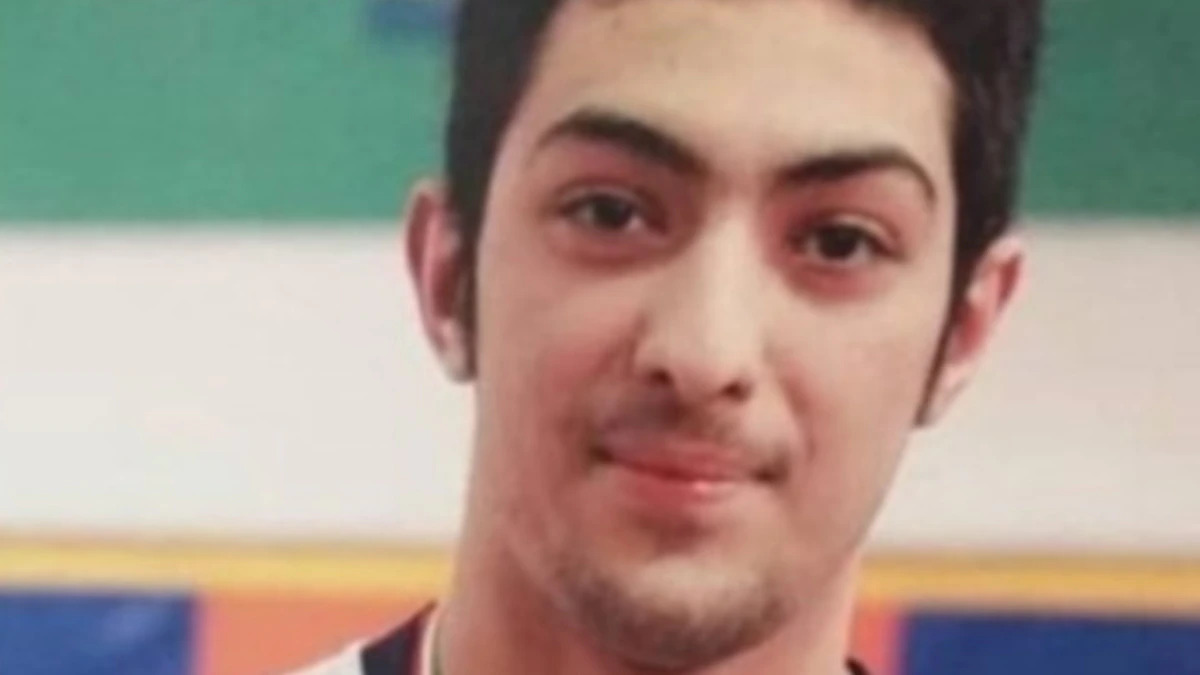According to the judiciary’s Mizan Online website, Arman Abdolali was killed before dawn at Rajai Shahr jail in Tehran, in accordance with the victim’s family’s demand for “qesas” eye-for-an-eye justice.
On October 11, Amnesty International urged Iran to postpone the execution of the 25-year-old man who was detained in 2014 and convicted of killing his fiancée, Ghazaleh Shakour.
According to the London-based rights group, he was condemned to death twice but the executions were halted both times due to worldwide outcry.
Following Shakour’s abduction the year before, Abdolali was condemned to death in December 2015 after “a profoundly unjust trial” by a court that “relied on torture-tainted ‘confessions.'”

According to Amnesty International, Abdolali was sentenced to death in a retrial in 2020, when the judge concluded the teenager was culpable in the absence of evidence to the contrary.
“This young man was not a criminal,” Hadi Sadeghi, a judicial official, was quoted as saying by Iranian journalist in October.
“Like the victim, he came from a respectable family. In prison, Arman continued his studies to obtain a master’s degree in education,” he quoted.
“The two families knew each other and the victim and the accused intended to get married,” Sadeghi added.
Criticism from around the world
Shakour’s corpse was never located, despite the fact that she was 19 at the time of her abduction. According to Mizan Online, the victim’s mother stated that if Abdolali disclosed the whereabouts of her daughter’s remains, she would forgive him.
Human rights experts from the United Nations have also urged Iran to prevent the execution. The UN Office of the High Commissioner for Human Rights in Geneva stated, “International human rights law categorically prohibits the application of the death penalty on anybody under the age of 18.”
According to Amnesty International, Iran killed at least 246 people last year, maintaining its position as the region’s most prolific practitioner of death punishment and the world’s second behind China.

Iran has been chastised by the international community for killing persons convicted of crimes committed when they were juveniles, in contravention of the Islamic republic’s ratification of the Convention on the Rights of the Child.
A top Iranian official told AFP in July that the Islamic republic was working hard to reduce the number of young criminals executed to zero.
“We are going to the zero point,” claimed Majid Tafreshi of the state-run High Council for Human Rights, emphasising that this was the country’s “will of the system.”





















